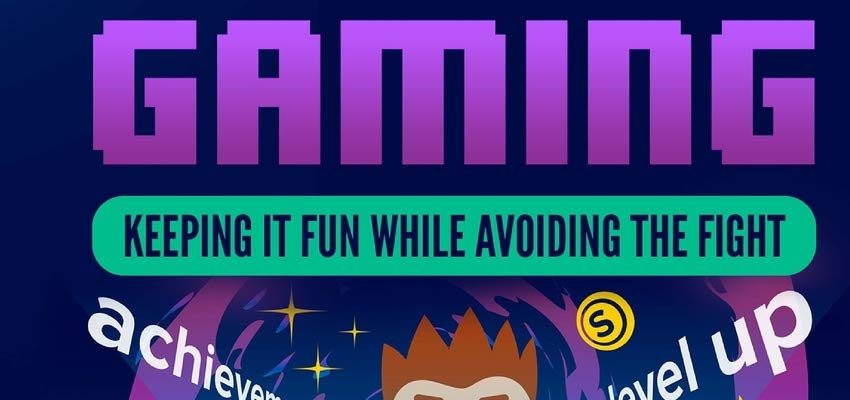Content Table:
Parent’s Guide to Online Gaming, Part 2
In Part 1, we discussed online gaming and its impact on children, including FPS games and exposure to violent content. In this installment, we will explore RTS games, MMORPGs, and the additional threats of addiction and social predators.
Understanding RTS Games
RTS stands for Real-Time Strategy. These games typically cast the player as a general or commander of an army or even the leader of a civilization rather than as a single character. The “real-time” aspect means that the action moves forward regardless of whether the player is acting. This contrasts with turn-based strategy games, where each player takes turns and can take as much time as they need. Turn-based games often feature deeper strategic components, making them less popular among children.
RTS games are generally less graphic and violent, as they abstract violence and conflict to a unit level, reducing graphic content to numbers and lost units. They also involve complicated decision structures, making them good exercises in critical thinking. However, the quick and complex decisions required can make these games addictive, especially in online competitions where there might not be a pause button. While RTS games don’t require as much parental scrutiny as some other genres, it’s wise to casually observe gameplay and understand when your child might be too engaged in a game to respond.
Exploring MMORPGs
MMORPG stands for Massively Multiplayer Online Role-Playing Game. These games have evolved from older single-player RPGs, where players engage in an evolving story with characters defined by various skills, attributes, and professions. The “massively multiplayer” aspect indicates that there can be thousands of players in a game world that is as expansive as small countries.
It’s essential to recognize that MMORPGs can be complex and time-consuming. Children may discuss topics you don’t understand, such as equipment, items, or battles. While trying out the games your children play can provide some insight, it’s unlikely you will grasp the full experience without a significant time investment.
The Dangers of Addiction
One of the major issues associated with MMORPGs is the potential for addiction. A gaming writer humorously suggested that MMORPG should be pronounced “Morgue” because once you enter, you may never leave. If your child becomes heavily involved in this type of game, pay close attention to how they manage their time. The game continually presents new challenges, which can lead to excessive playtime.
It’s crucial to communicate with your children about setting time limits for gameplay and ensuring they complete their responsibilities first. Understand that they may feel a commitment to their online friends. It’s often better to encourage them to finish homework before they start gaming rather than trying to cut them off once they’re engaged.
Playing in a game with thousands of others exposes your child to a wide variety of people. Most players will be harmless, some may become helpful allies, and a few could become good friends. However, there are also individuals with malicious intentions, similar to the risks posed by chat rooms and instant messaging services.
The good news is that social predators are less likely to be found in gaming environments, as the complexity of these games makes them less conducive to straightforward predatory behavior. Educate your children about online dangers, including the importance of not sharing personal information with anyone they meet in the game. Regularly check in with them about their online friends and remain vigilant for any warning signs associated with potentially harmful interactions.
Conclusion
We have only scratched the surface of online gaming possibilities, but we hope you feel better informed about what your children may encounter. Gaming can be a valuable hobby with many positive developmental benefits. However, as with any activity beyond your control, it’s important to remain aware of potential risks. Make informed decisions about online gaming that suit your family’s values, and your children will appreciate your guidance in the long run.
For more resources and information about safe online gaming practices, feel free to explore various parenting and gaming websites.



